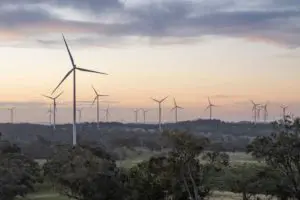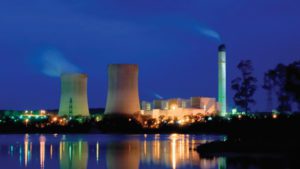Specifically, the research found that the clean technology market has “grown at an average of almost 12 per cent a year since 2007, and predicts it will continue to accelerate over the coming years.”
“The economic and financial crisis has not stopped the worldwide expansion of the green tech industry,” said the study’s author, Torsten Henzelmann, head of the Civil Economics, Energy & Infrastructure Competence Centre at Roland Berger Strategy Consultants. “On the contrary, the worldwide market volume has now overshot the €2tr mark, thus exceeding our forecasts from 2009.
“Things will be a bit slower than in previous years, but by 2025 we expect the worldwide market to double in value to €4.4tr.”
The research also revealed that Germany has a dominant share of the global clean tech market, at 15%, and is expected to grow more than any of its competitors. Germany’s cleantech companies are already generating a very high 11% of the country’s GDP and employing over 1.4 million workers. And according to the research, the clean tech market volume is expected to reach €674 billion by 2025, more than doubling.
Germany’s success is only attributable to its very clear vision and “guarantees [of] investment security.” Though its “early-mover advantage” helped that, it isn’t the main reason for its success, said Luc Bas, the director of European programmes and international states and regions at The Climate Group.
One of the study’s most interesting findings, though, is that the cleantech sector’s rapid growth has been stimulating the other segments of the economy, even some seemingly very separate sectors.
“More and more companies are finding that using green tech is a way to stand out among their international competitors,” said report co-author Ralph Büchele. “Better efficiency regarding energy and [raw] materials is increasingly becoming a strategic advantage in international competition – that goes for all sectors of the economy in general.”
![]() Clean Technica (http://s.tt/1nypb) – Reproduced with permission.
Clean Technica (http://s.tt/1nypb) – Reproduced with permission.










